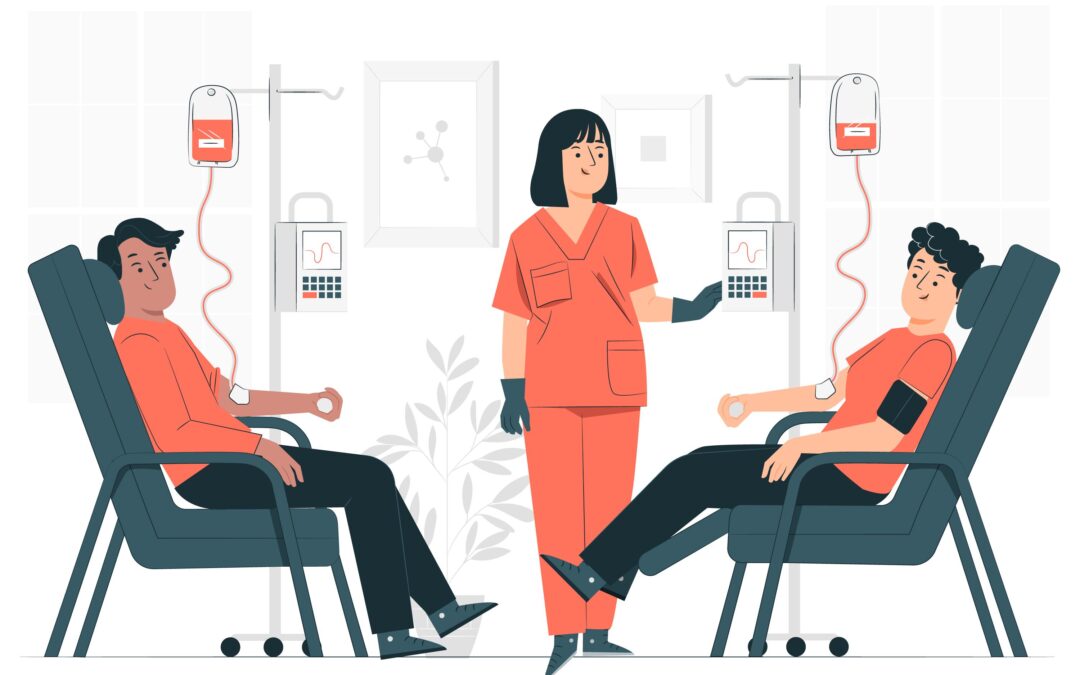Ketamine infusion therapy has proven itself to be an effective and safe treatment for treatment-resistant depression and other mental health issues. Used since the 1990s as a mental health treatment, ketamine is known to work quickly to relieve the symptoms of depression. But not everyone is a candidate for this type of therapy.
Do I Qualify?
If you’ve suffered with the symptoms of mental health disorders like depression and anxiety and haven’t found the cure you’re looking for with traditional treatment methods, you may have considered ketamine infusion therapy. There are a few things to keep in mind when considering this line of treatment and whether you qualify or not.
- You’ve tried traditional treatment methods with little or no success. These methods include traditional antidepressants and group CBT or individual therapy. You may be asked for a full medical and substance use history by the ketamine clinic, as well.
- You fall into one of the following categories that disqualify you. If you are pregnant, an active substance abuser, have a history of psychosis, intracranial pressure, uncontrolled hypertension, or acute or unstable cardiovascular disease, the American Psychiatric Nurse Association (APNA) advises you do not seek ketamine therapy.
- You’ve tried ketamine infusion therapy and had a negative response. When you receive ketamine infusions, you can expect some common short term side effects like nausea, dizziness, and headaches. However, if your body responded negatively beyond these, you should not undergo ketamine infusion therapy.
Ketamine infusion therapy provides relief for 70% of patients who haven’t seen results with other traditional methods to treat their mental health issues. Undergoing a comprehensive evaluation of your health and medical history will help you to have a beneficial experience if ketamine therapy seems right for you.
Fill out the form below to find out more.
![]()
Contact Ketamine Greater Boston


Recent Comments